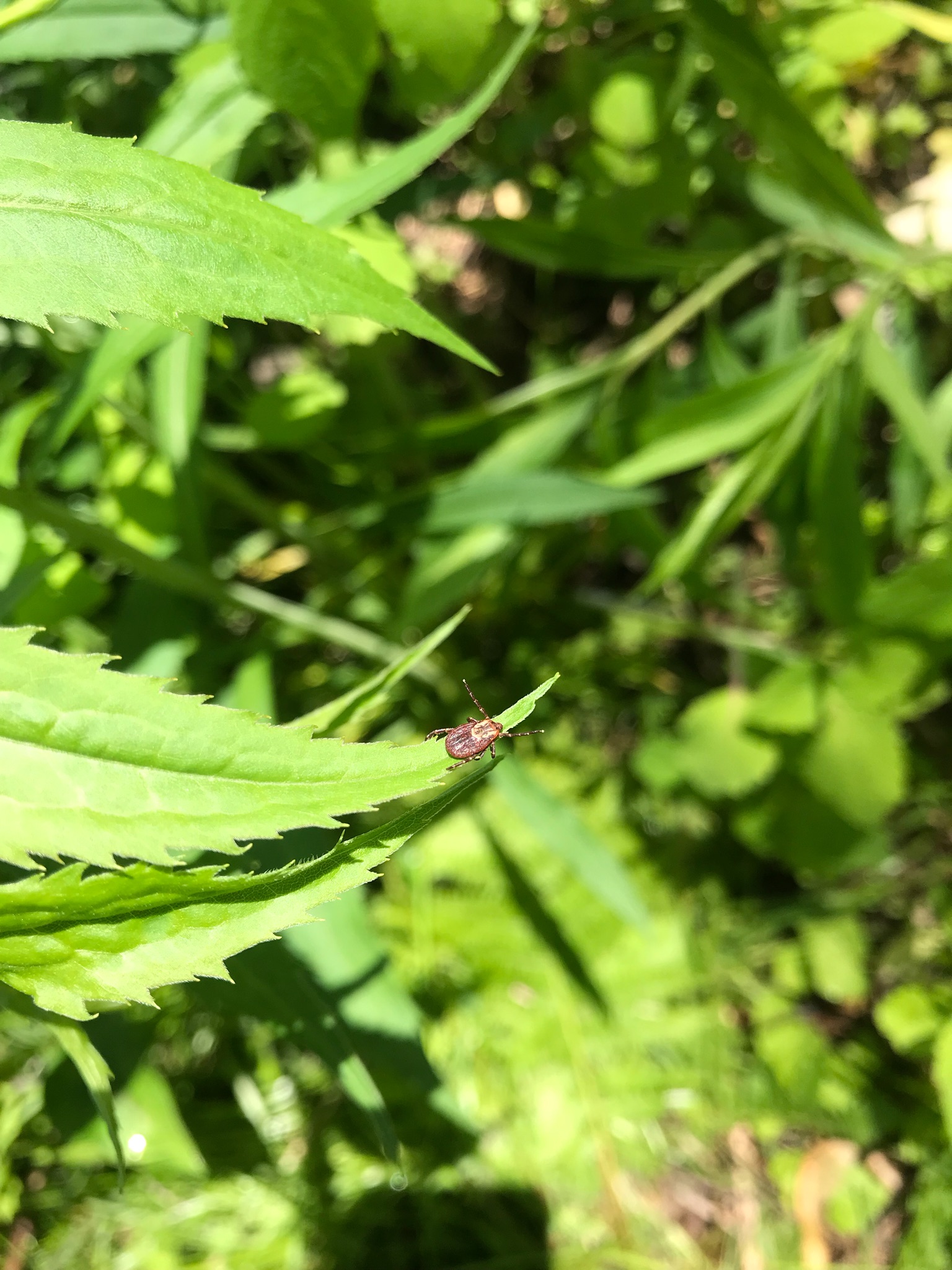Alpha-gal syndrome or mammalian meat allergy often goes unnoticed within people harboring the illness, but it can have severe or even fatal symptoms once triggered. It is prompted by an allergic reaction to galactose-α-1,3-galactose, which is a carbohydrate that is prevalent in mammals and livestock.
Alpha-gal syndrome was first discovered because of reactions experienced by patients receiving the cancer drug Cetuximab. Eventually, researches found a link between the reactions experienced by those being given Cetuximab and those who had recently experienced a tick bite from the A. americanum (lone star tick).
Currently, the illness is considered worldwide as cases ranging from Asia to Australia have been documented. Some common tick species associated with carrying and transmitting Alpha-gal are: A. americanum (lone star tick), Ixodes ricinus (castor bean tick), Ixodes holocyclus (Australian paralysis tick), and Haemaphysalis longicornis (Asian longhorned tick).
Alpha-gal is often referred to as being delayed because reactions can occur 3-6 hours after eating mammalian meat products. One thing to note is that you don’t need to consume meat in order to experience the life-threatening effects of the illness. If you suffer from cardiac issues and need surgery, certain medical products related to cardiology express alpha-gal on them.
Some symptoms that are often associated with alpha-gal are hives, swelling of the lips, face and tongue, shortness of breath, headaches, and anaphylaxis. Treatment usually includes using an epinephrine injector (EpiPen) and keeping one on you for possible future reactions.
The mechanism behind how the tick causes this reaction is unclear. However, like in many cases of tick transmission, the saliva plays an important role. Alpha-gal is present in a ticks saliva, so when blood-feeding occurs when attached to a human it gets passed onto the host. How and why ticks have alpha-gal antigens in their saliva is still in question. There are some interesting theories explaining this including, ticks being able to naturally synthesize the carbohydrate, or microbial symbionts in the ticks saliva.
A new challenge in regards to dealing with ticks revolves around the effects of climate change. There are several tick-borne illnesses that have been kept at a “rare” standing. Unfortunately, we may see a rise in these cases because of how easily ticks are able to shift continents.
Sources:
Steinke, John W et al. “The alpha-gal story: lessons learned from connecting the dots.” The Journal of allergy and clinical immunology vol. 135,3 (2015): 589-96; quiz 597. doi:10.1016/j.jaci.2014.12.1947
Young, Ian et al. “Tick exposures and alpha-gal syndrome: A systematic review of the evidence.” Ticks and tick-borne diseases vol. 12,3 (2021): 101674. doi:10.1016/j.ttbdis.2021.101674

